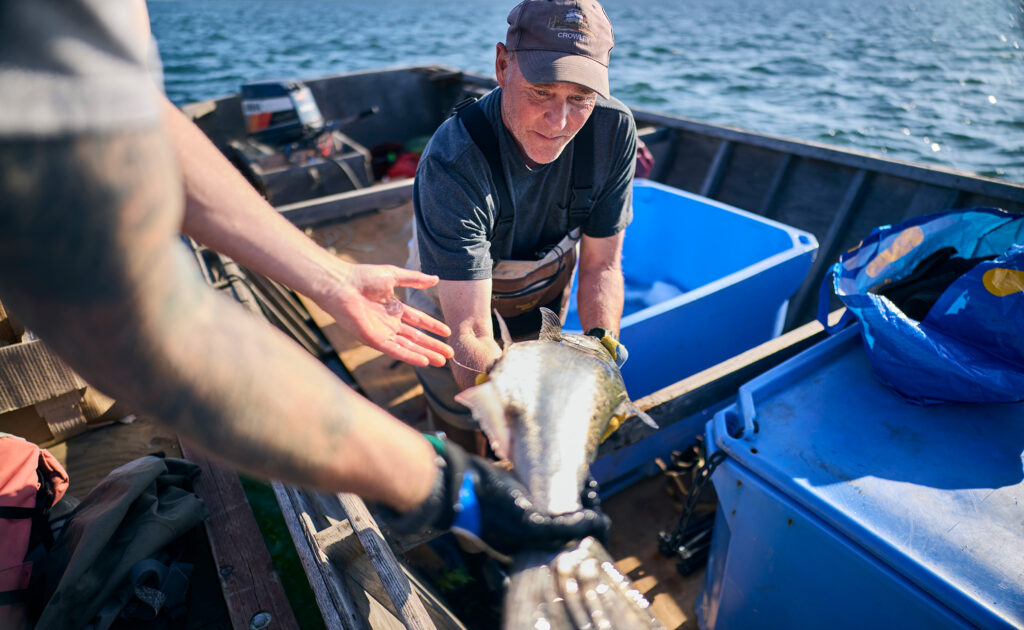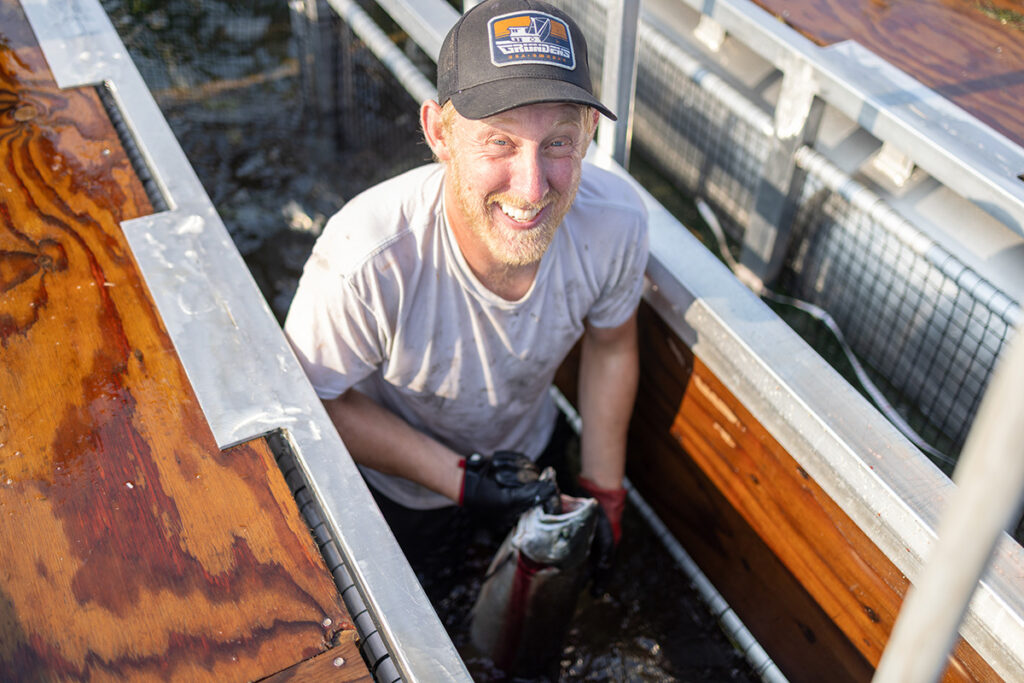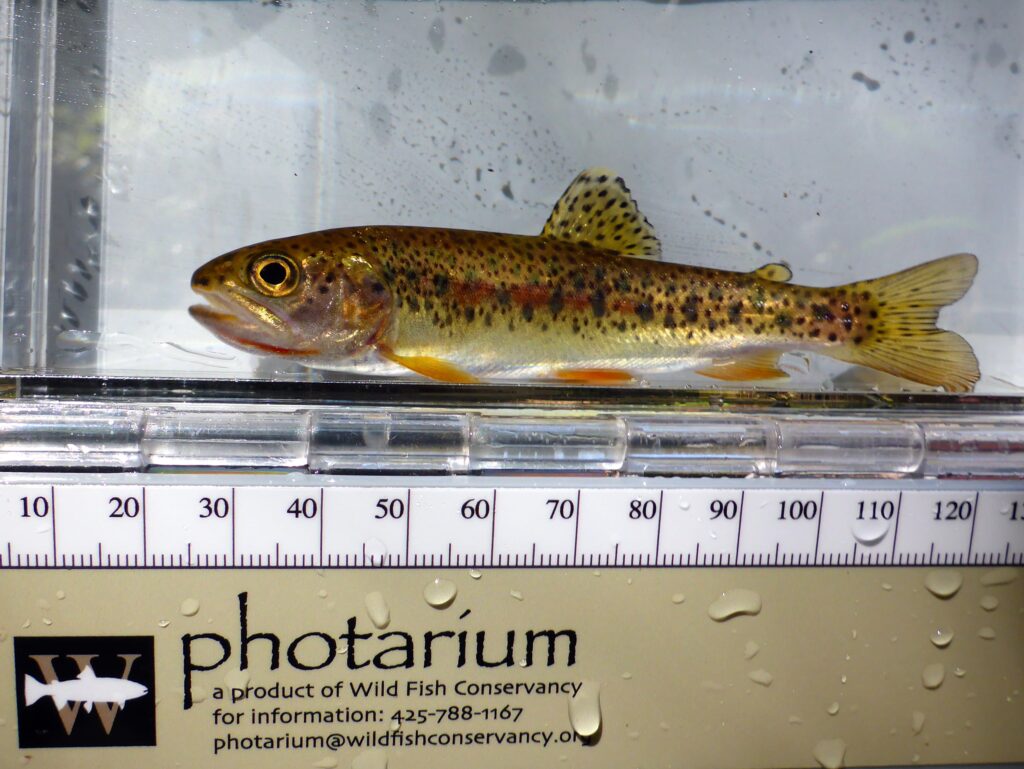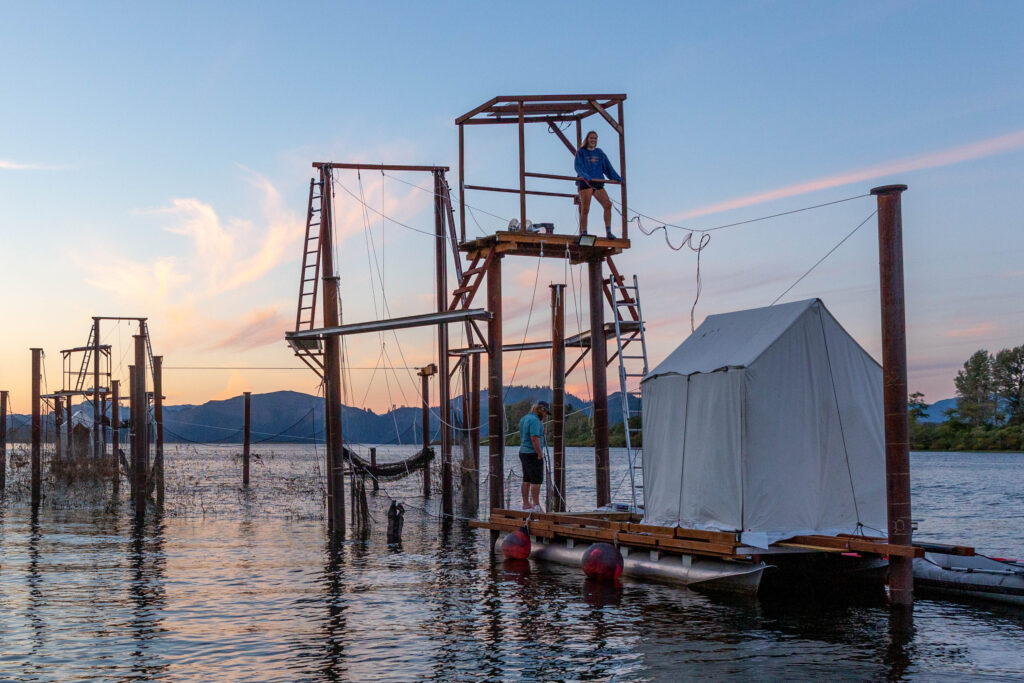
"The biggest obstacle to salmon recovery is not a lack of science or a lack of scientists; rather, it is persuading management agencies to adopt a conceptual foundation that is consistent with current science and incorporates the precautionary dictates inherent to a place-based management approach."
The Failure of Wild Salmon Management: Need for a Place-Based Conceptual Foundation
Historically, indigenous people of the northeastern Pacific fished for salmon when the fish returned to their natal rivers. Since they fished in or near the river, the impact of the fishery was confined to the river.
European colonists arrived and brought new technologies that helped fishermen expand how and where they could fish. Sail power, then gas and diesel engines and factory canneries forever changed the ability to exploit this rich new resource. Fishers were no longer confined to fishing the rivers near their communities. In the rich, new, ocean fishing grounds, fishers caught salmon that originated from many distant rivers. This shift to an ocean fishery represents the start of the mixed-stock fishery and the dilemma it poses for our region and the international managers that are now in charge of the fishery.
A new study published in BioScience suggests returning to historical indigenous fishing practices and systems of salmon management are key to restoring culturally and ecologically resilient Pacific salmon.





